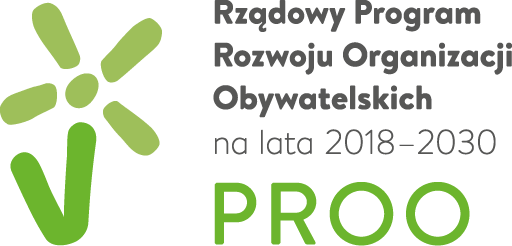People who have experienced crime often go through a very difficult time. Imagine that someone who survived a car accident is not only struggling with physical injuries, but also with the fear of getting behind the wheel again. It’s a bit like playing a video of the incident over and over in your head, which can lead to sleep difficulties or concentration. Similarly, a person who has been beaten or experienced rape may feel helpless and frightened, losing his sense of security even in his own home. It’s The emotional tornado makes daily responsibilities or the resolution of legal matters that suddenly seem like mountains to jump over, stand on the side. When this is compounded by the loss of jobs or sources of income, because someone cannot return to normal functioning, the situation becomes even more complicated. At such moments, support from family, friends or professionals can be like the appearance of a light at the end of the tunnel, giving hope that a return to normalcy is possible, although the road to that may be long and bumpy.

A wronged party is any person whose legal good has been directly violated or threatened as a result of the act or omission, of a specific act, of another person. First, in order to be considered an aggrieved party, in principle, an individual, person-only, legally protected good must be violated – among other things. Health, bodily integrity, property, honor, good name, sexual freedom. There does not have to be an actual violation of a person’s good, the threat of such a violation is sufficient. In such a situation, a person is considered a victim of a crime.
The wronged party can also be an entity other than an individual – it can be a company or a public institution that has suffered damage as a result of someone’s act or omission.
If the victim is a person under the age of 18, another adult must act on his behalf. This is because according to the Civil Code, only a person who has reached the age of 18 has full legal capacity and judicial capacity. This does not mean, however, that such a person is deprived of the opportunity to defend his rights during legal proceedings. All actions for child victims can be taken by their legal representatives, that is, most often parents or court-appointed guardians (sometimes also a guardian).
To be an aggrieved party, it is not necessary to have any resolution by the court, the prosecutor’s office or the police. The mere fact of threatening or violating someone’s legal good has the effect of assuming that the person is harmed.
A crime, on the other hand, is an act (also understood as an omission) of a human being prohibited by law under penalty as a crime or a misdemeanor, unlawful, culpable and socially harmful to a degree greater than negligible. There are two exceptions when an action will not be considered a crime:
An act understood as an omission results in its recognition as a crime if a person (or entity), had a legal, specific obligation, and yet the person (entity) did not fulfill it.
The first group of crimes are crimes downloaded ex officio, that is, law enforcement agencies – the Police and the Prosecutor’s Office, undertake to apprehend the perpetrator of the crime and punish him regardless of the notification of these services of the crime suffered by the victim. Such a crime can therefore be prosecuted even against the will of the victim. When a law enforcement agency receives information that a crime has been committed, it must initiate proceedings. This group includes:
The second group of crimes are those prosecuted at the request of the victim. In order for the Police or the Prosecutor’s Office to undertake proceedings, it is necessary for the victim to file a request for prosecution. Thus, if there is a request crime, the law enforcement agency will not deal with the crime (even if it knew about it) until the victim explicitly requests it. Once such an application is filed, the proceedings proceed in the same way as for crimes prosecuted ex officio. This group of crimes most often includes:
The last group of crimes are those collected by private prosecution, i.e. those that are not prosecuted by law enforcement at all. In order to punish the perpetrator of a given crime, the victim himself must write and file an indictment with the Court and, as part of the court proceedings, support it and present evidence. However, the prosecutor may join the proceedings at any stage. It is sufficient that he considers that the public interest requires it. Crimes falling into this category are few and far between, and are only those with the least social harm of the act, among others:

The Victims Assistance and Post-Penitentiary Aid Fund was established in 2012 on top of the Post-Penitentiary Aid Fund, which had been in existence since 1997. The 2011 reform established, as of January 1, 2012, a catalog of forms of post-penitentiary assistance, the rules for granting them, and led to the establishment of a network of post-penitentiary assistance centers nationwide as of 2019. Between 2023 and 2025, there are 32 centers in 15 provinces, of which 3 centers target only women.
The Fund’s revenues are cash generated from:
The court that rendered the decision in the first instance shall keep separate accounting records of the allusions and monetary benefits awarded to the Fund. Any convict obligated to pay a benefit to the Fund is summoned to fulfill the obligation within 30 days, and if he fails to do so, then enforcement proceedings are initiated, conducted by a bailiff.
The Justice Fund is disbursed for the following activities:
Post-penitentiary assistance to persons deprived of liberty, released from prisons and detention centers, and their loved ones, provided by:


Funded by the National Liberty Institute – Center for Civil Society Development under the Government Program for the Development of Civic Organizations for 2018-2030.

